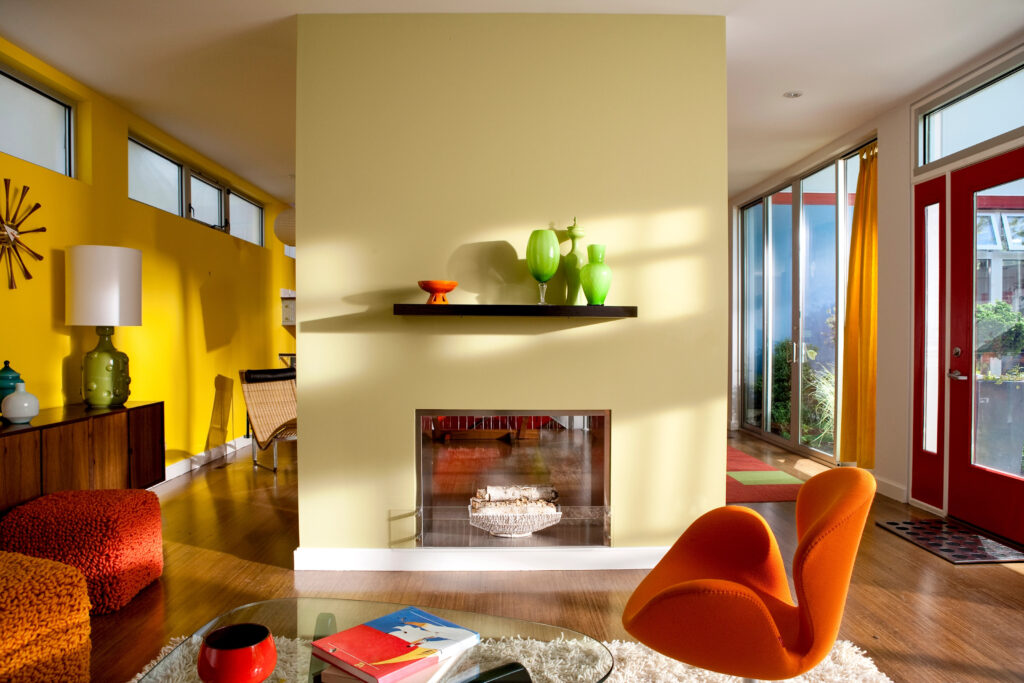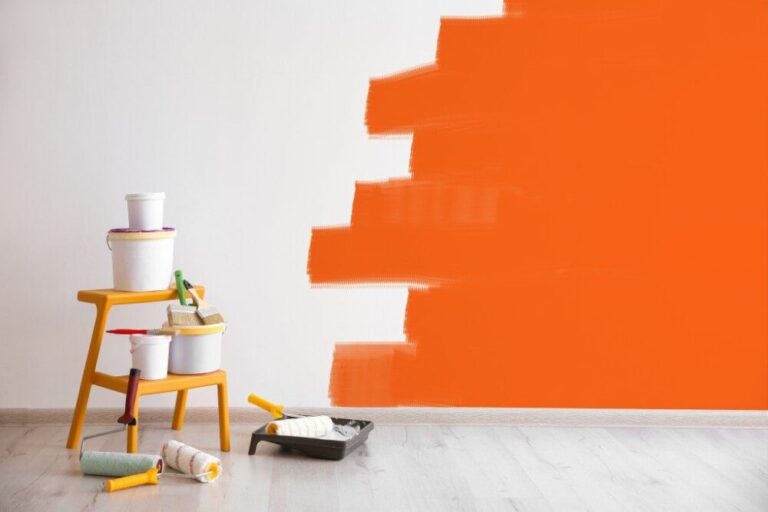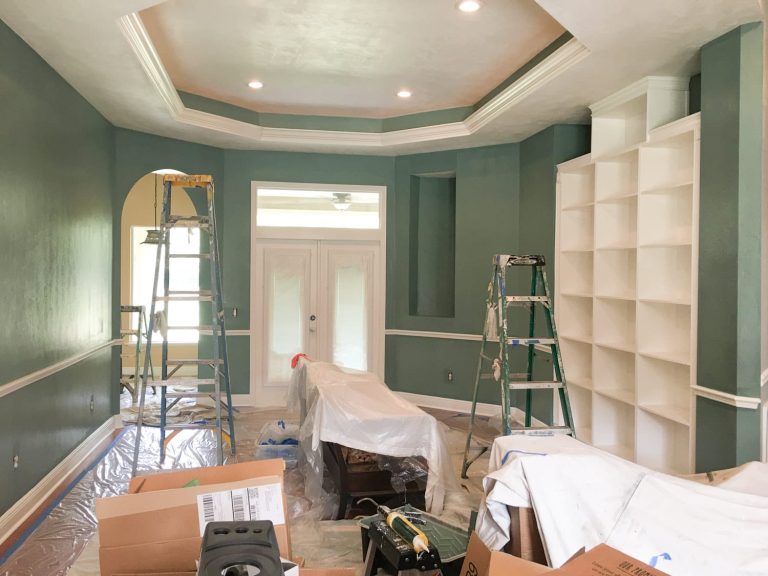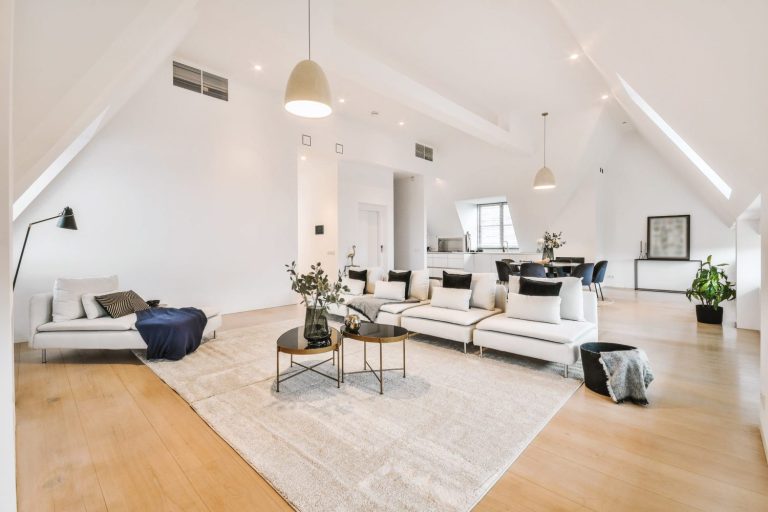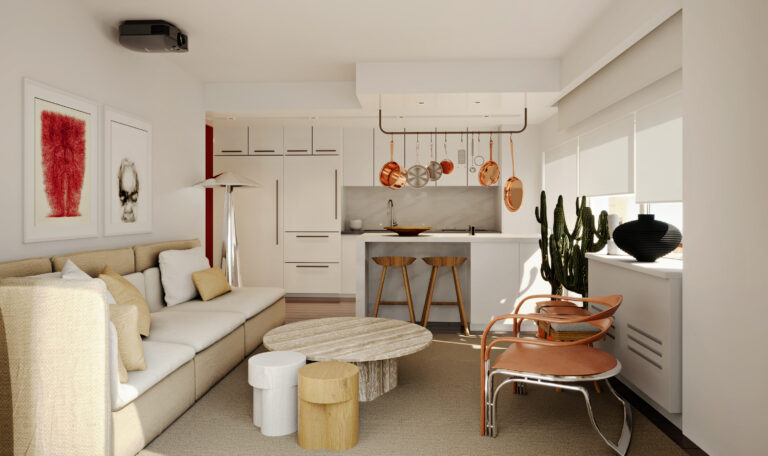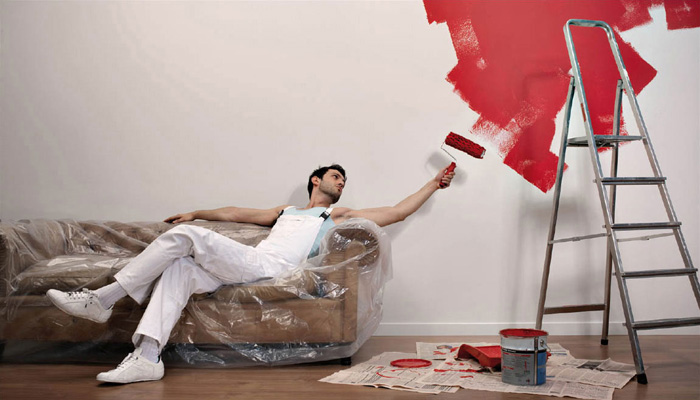How Much Does It Cost to Paint a Whole House?
Painting a house can transform its appearance, add value, and protect its surfaces from wear and tear. Whether you are considering a fresh coat of paint for maintenance purposes or to give your home a makeover, it’s essential to understand the cost involved. The cost to paint a whole house can vary based on several factors, such as the size of the house, the type of paint used, the complexity of the project, and the location. In this article, we will explore the various aspects that influence the cost of painting a whole house and provide valuable insights to help you make an informed decision.
Painting a whole house is a significant project that requires careful planning and budgeting. Understanding the factors influencing the project’s cost is crucial to allocating sufficient funds and achieving the desired results. Let’s explore the key factors that affect the cost of painting a whole house.
Factors Affecting the Cost of Painting a Whole House
House Size
The size of your house plays a vital role in determining the cost of painting. Larger houses require more paint, labor, and time to complete the project. The square footage of your home will be a primary consideration when estimating the overall cost.
Surface Preparation
Proper surface preparation is essential for a long-lasting paint job. If your walls have cracks, holes, or peeling paint, they must be repaired before painting. The cost of surface preparation, including patching, sanding, and priming, will impact the overall cost.
Type of Paint
The type and quality of paint you choose will affect the cost. High-quality paints are more expensive but offer better coverage, durability, and a more professional finish. The type of paint finish, such as matte, satin, or gloss, also influences the cost.
Number of Coats
The number of coats required depends on the condition of your walls and your desired outcome. Additional coats may be necessary if you’re changing the color drastically or covering stains. Each additional coat adds to the cost of the project.
The Complexity of the Project
The complexity of your house’s architecture and design can impact the cost. Homes with intricate details, such as multiple stories, vaulted ceilings, or unique architectural features, may require additional time and effort, thus affecting the overall cost.
Labor Costs
Labor charges vary based on the expertise and experience of the painting contractor. Highly skilled and reputable painters may have higher hourly rates but provide superior craftsmanship. Finding a balance between quality and affordability is crucial when considering labor costs.
Additional Services
Additional services like wallpaper removal, trim painting, or wall texturing can add to the overall cost. Discuss your requirements with the painting contractor to obtain a comprehensive quote for the entire project.
Geographic Location
The cost of painting a whole house can vary depending on the region and local market conditions. Prices may differ between urban and rural areas due to competition, cost of living, and availability of professional painters.
Seasonal Factors
Certain seasons may impact the cost of painting. Demand for painting services tends to be higher during favorable weather conditions, such as spring and summer, which can lead to higher prices. Consider scheduling your painting project during the off-peak seasons for potential cost savings.
Estimating the Cost to Paint a Whole House
To estimate the cost of painting your entire house accurately, consider the following components:
Calculating Paint Quantity
Measure the square footage of the surfaces to be painted (walls, ceilings, trim) to determine the amount of paint needed. Most paint cans provide coverage information based on the manufacturer’s recommendations.
Cost of Paint
To obtain the paint cost, multiply the paint quantity by the price per gallon. Remember that higher-quality paints tend to be more expensive but offer better coverage and longevity.
Labour Charges
Contact painting contractors to obtain quotes based on your project’s specifications. Labor charges can be determined by the hourly rate or as a fixed price for the entire project. Ensure that the quotes include surface preparation, number of coats, and any additional services required.
Additional Costs
Consider additional costs such as primer, brushes, rollers, drop cloths, and masking tape. These supplies are essential for painting and should be factored into your overall budget.
Total Cost Estimation
Add up the cost of paint, labor charges, and additional costs to estimate the total cost estimation for painting your whole house. It’s advisable to include a contingency amount to account for unforeseen expenses during the project.
DIY VS Hiring a Professional
Deciding between painting your house yourself or hiring a professional painter is an important consideration. Here are some pros and cons to help you make an informed decision:
Pros:
- Cost savings on labor charges
- Flexibility to work at your own pace
- Personal satisfaction and sense of accomplishment
Cons:
- Time-consuming and physically demanding
- Lack of professional expertise
- Potential for uneven finishes or mistakes
Benefits of Hiring a Professional
- Professional quality and craftsmanship
- Time-saving and efficient
- Access to expert advice and color consultation
- Proper surface preparation and attention to detail
Conclusion
Painting a whole house requires careful planning and consideration of various factors that influence the cost. By understanding the size of your house, surface preparation requirements, type of paint, and labor charges, you can estimate the total cost more accurately. Whether you tackle the project yourself or hire a professional painter, weigh the pros and cons to ensure a successful and satisfactory outcome.
Frequently Asked Questions:
The time required to paint a whole house depends on various factors such as house size, complexity, number of coats, and the size of the painting crew. On average, it can take anywhere from a few days to a few weeks.
Painting during cold and humid weather is not ideal, as it can affect the paint’s drying and curing process. It’s best to schedule your painting project during milder seasons for optimal results.
While removing or covering furniture to protect it from paint splatters and drips is advisable, it may not always be necessary. Discuss this with your painting contractor to determine the best course of action.
Small painting projects can be tackled as DIY projects if you have the necessary skills and time. However, hiring a professional painter is recommended if you want a polished and professional finish.
Regular cleaning and maintenance can help extend the life of your painted surfaces. Avoid using abrasive cleaners and ensure prompt repairs for any chipped or damaged paint.

